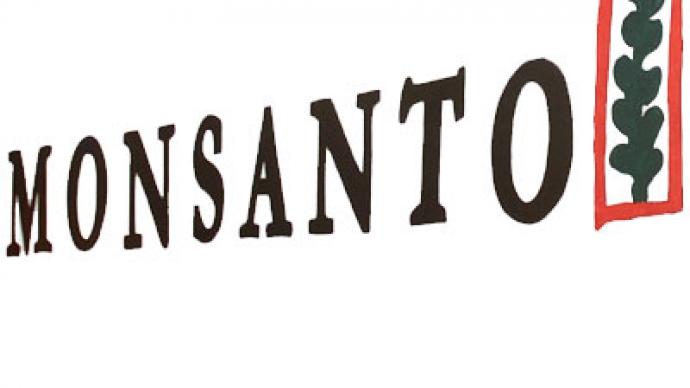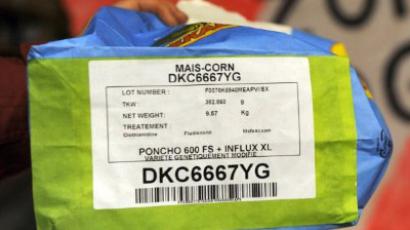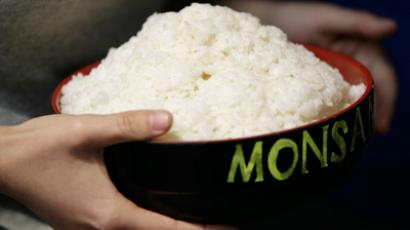Monsanto demands $1 billion in court

Four weeks into a trial between two titans of the biotech industry, Monsanto Co. claimed on Tuesday that its biggest competitor, DuPont, owes them $1 billion for infringing on their patent for herbicide-tolerant lab-made crops.
Monsanto insisted this week that rival company DuPont owes them $1 billion for producing genetically modified crops that were designed to withstand the herbicide Roundup, a technology for which the leading biotech corporation has a patent for. Monsanto’s accusations are based on hundreds of lines of DuPont-made soybean crops that combined the patented Roundup Ready trait with their own herbicide immunity called GAT. Although DuPont claims that their products performed better than Monsanto’s crops by combining technologies from both companies, Monsanto maintains that DuPont infringed on their copyright going back several years and should now compensate them to the tune of $1 billion. DuPont has filed a counterclaim in response under the argument that Monsanto deceived the US government in getting patent approval for their Roundup Ready crops. Attorneys for DuPont say that Monsanto was not clear with the US Patent and Trademark Office about what genes used in their Roundup Ready crops actually helped organisms fight off herbicides, allowing them wide breadth to thwart similar attempts at the technology from its competitors.“It was intentional because Monsanto didn’t want people to know what was inside the bag, what was inside the seed,” Leora Ben-Ami, a DuPont lawyer with Kirkland & Ellis, told the court on July 10, Bloomberg News reports. “Monsanto didn’t want people to know how the seed was made.”By creating plants resistant to herbicides, farmers are able to harvest an abundance of laboratory-produced seeds and douse their fields in chemicals, killing off weeds while at the same time sparing their money crops. Outside of the industry, though, opponents claim that the chemicals used in the herbicides are being used ad nauseam and consumers are being put to risk.Analyst Chris Shaw of New York’s Monness Crespi Hardt & Co. tells Bloomberg that he thinks DuPont’s counterclaim will fail in court, and that both companies will likely settle out of court.“They’re going to reach some mutually beneficial agreement even if one loses the trial,” Shaw says. “Ultimately both need each other, given the market share.”














